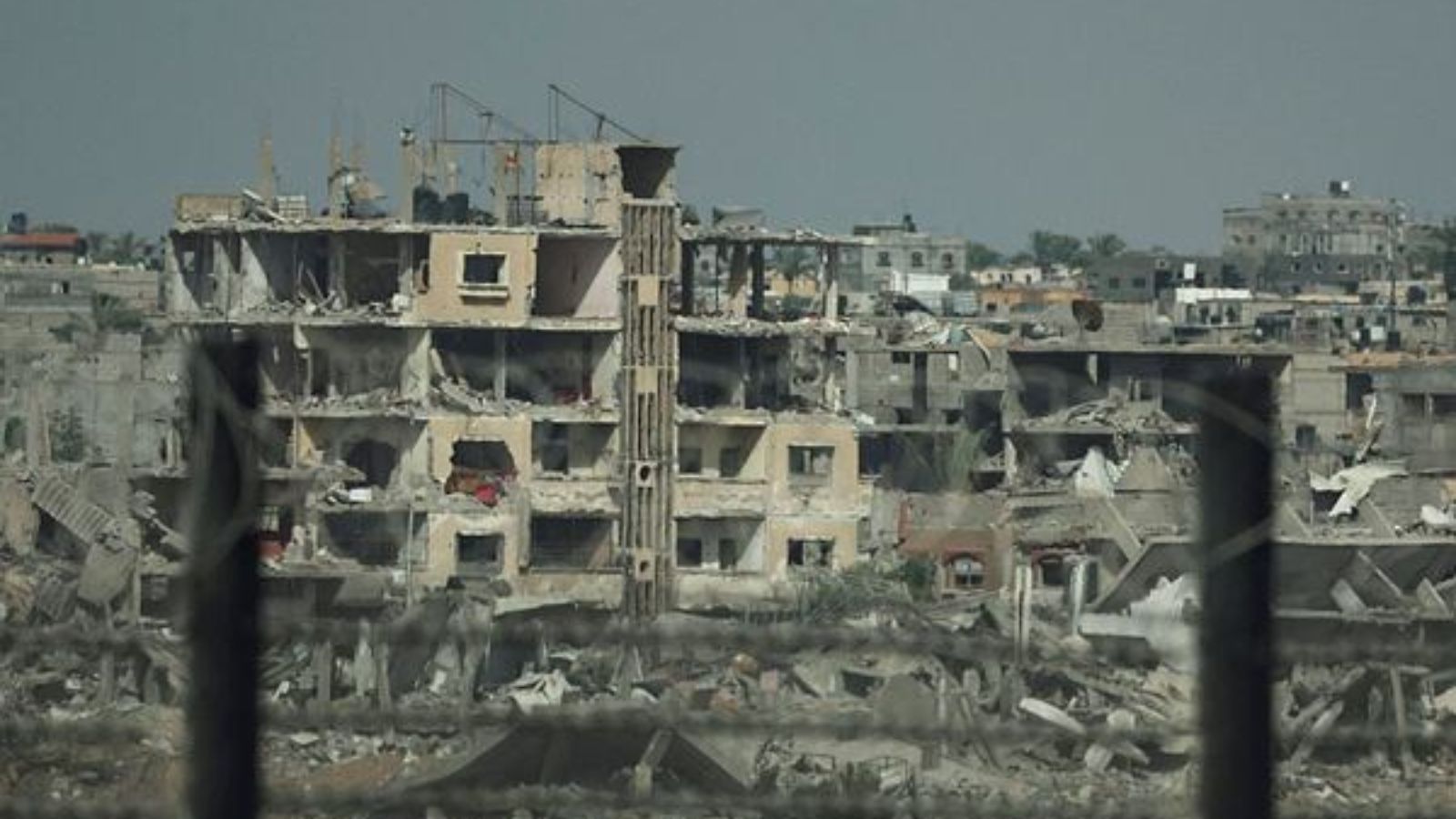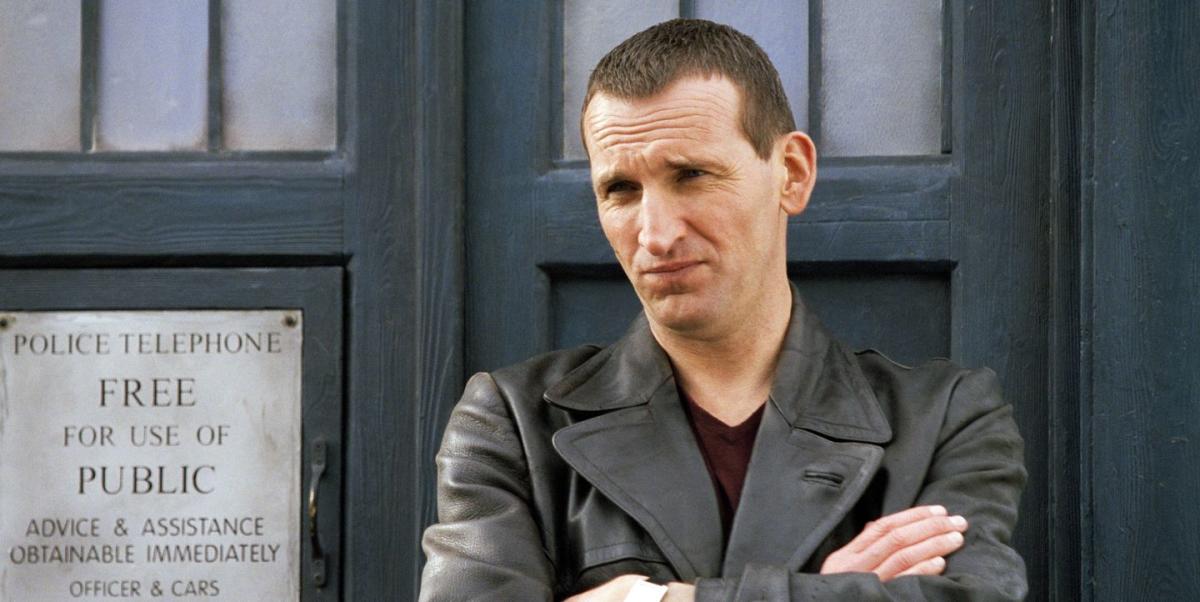Why the demand for a Palestinian state remains complicated as the Gaza war continues

Nearly 40,000 lives – 37,000 Palestinians and 1,200 Israelis – had to be lost before the international community recognized the complexity and urgency of the critical situation in the Middle East and revived the so-called two-state solution; and before Israel recognized the reality of the Palestinian aspirations for a state of their own and the almost universal support for it. It has also exposed the defiance and callousness with which the Israeli prime minister is using the war to cling to his office, ignoring pressure from his erstwhile supporters, including the American president. His airstrike on a refugee camp in Rafah a few weeks ago outraged French President Emmanuel Macron.
Macron has to worry about the large Algerian population in France, and Biden has to worry about Jewish voters as well as the young leftists in his own party. Personal interests of leaders of democratic societies, which they consider compatible with the interests of their country, often take precedence over their foreign policy. In India, for example, the slogan in the 1970s was “India is Indira and Indira is India.”
It is ironic that Hamas, which the entire Western world rightly condemned as a terrorist organization for its actions on October 7, has managed to win support for an independent Palestinian state. Britain, which started the whole mess with the Balfour Declaration in 1917, is now considering recognizing an independent Palestinian state. It is none other than the American president who is pushing Israel, the only democracy in the region and a bulwark against communism during the Cold War, to accept the reality of a Palestinian state. Arab governments eager to establish official relations with Israel have been forced to pay at least lip service to the Palestinian cause.
Why the Arab world has no interest in a Palestinian state
The sad fact for the Palestinian people is that no Arab government, except perhaps Egypt, wants a Palestinian state. Previously, they feared that an independent Palestine would most likely be a secular entity that would pose a threat to the autocratic Gulf kingdoms. Many Palestinians, who have lived for a long time in Western democracies, have internalized liberal, secular values. After the Gaza war, the Arab states do not want an independent Palestinian state because it would most likely be ruled by Hamas. In this respect, Israel and the Arab governments are in agreement.
Following the Abraham Accords, for which former US President Donald Trump rightly takes responsibility, three Arab states established diplomatic relations with Israel without demanding any meaningful gesture from Israel on the Palestinian issue. President Joe Biden worked and is still working to broker an agreement under which Saudi Arabia would establish diplomatic relations with Israel in return for a vague security agreement with the Saudis and agreement to their peaceful nuclear program. The Palestinian issue was mentioned, but without any commitment from Israel. Since the Israeli invasion of Gaza, it has become difficult to bring about this trilateral agreement. This is another of Netanyahu’s unintentional contributions: in the absence of a clear path to an Israeli-guaranteed Palestinian state, Saudi Arabia and other Arab governments will not agree to normalize relations with the Jewish state.

Western Middle East experts are convinced that Netanyahu is unpopular in Israel and will lose the next elections. The return of the hostages held by Hamas is his second priority, victory in the war, that is, the elimination of Hamas, is his first. He will not achieve the first priority and therefore the second priority will remain unfulfilled. He neither “wins” the war nor has he managed to get the hostages back. Hamas does not care about the lives of “ordinary” Palestinians. Meanwhile, the war continues and people continue to be killed.
It is said that all wars eventually end. Either one side wins by a wide margin, or both sides are equally balanced and exhausted; a third party steps in and arranges a ceasefire. In the case of Gaza, Israel has failed to impose a solution on Hamas. Of course, this is not a war between two countries, but between a country and a resistance movement. The United States, Egypt and Qatar have been seeking a ceasefire for several months. Israel is said to have agreed to the terms publicly outlined by President Biden, but Hamas wants a permanent ceasefire and the withdrawal of Israeli troops from Gaza before releasing the hostages. It all comes down to which side wants a ceasefire more, which side believes it has the stronger hand than the other.
Iran and its proxies

And then there is Iran. It is enjoying the situation. Its proxies – Hezbollah in Lebanon and the Houthis in Yemen – are doing their utmost to further inflame the situation. Hezbollah is many times stronger than Hamas and has displaced 700,000 Israelis from their homes in northern Israel. The Houthis have seriously disrupted shipping through the Red Sea, leading to higher transport and insurance costs.
Where is India?
Where does India fit in this quagmire? Netanyahu is a close friend of Prime Minister Narendra Modi, who was among the first to rightly condemn the atrocities committed by Hamas on October 7. His support for Netanyahu goes beyond politics. India has agreed to send thousands of workers to Israel to replace Palestinian workers there. This will permanently deprive non-Hamas Palestinians of jobs in Israel.
All international relations are purely business in nature. Politicians often talk about “shared values” such as freedom of speech, human rights, etc. This is often done to appease the small minority of their population who genuinely care about human rights. Domestic politics is almost always more important than foreign policy. The Indian government must have considered how its actions serve India’s national interests before making its decision. How this is possible is not clear to the author of this article at least.
The author is India’s former Permanent Representative to the United Nations and author of Centres of Power: My Years in the Prime Minister’s Office and Security Council
© The Indian Express Pvt Ltd
First uploaded on: 06-07-2024 at 12:34 IST



